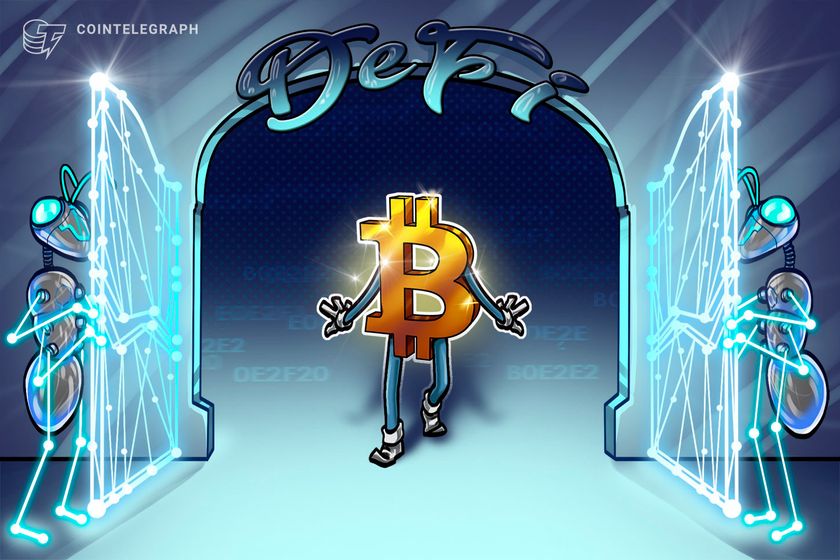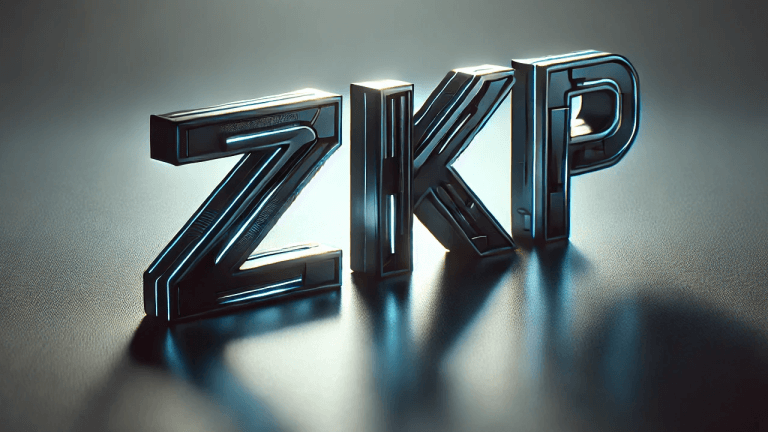
HTX reveals the future of Bitcoin DeFi: Babylon staking and fractal scaling

Explore how Babylon unlocks yield for Bitcoin holders and how Fractal Bitcoin addresses scalability. Will these projects pave the way for a new era in DeFi?
While Bitcoin is solidifying its position in mainstream finance, opportunities for growth in Bitcoin-based decentralized finance (BTCFi) products are also expanding. Cointelegraph Research recently released a report written by HTX Ventures, which explores how projects such as Babylon and Fractal Bitcoin are pushing the boundaries of BTCFi. It demonstrates how Bitcoin’s evolving programmability will be used to create advanced financial applications.
One of the standout narratives in BTCFi is Babylon’s introduction of Bitcoin-native staking. Historically, there has been no staking on Bitcoin. However, the implementation of Schnorr signatures via Bitcoin Improvement Proposal 340, the Taproot upgrade through BIP 341 — which included Merkelized Abstract Syntax Trees (MAST) — and the update to Bitcoin’s scripting language, Tapscript, in BIP 342, have opened up new opportunities. Bitcoin can now support more complex smart contracts with tens of thousands of spending paths. Babylon leverages these features to enhance both the efficiency and privacy of staking transactions.
According to the HTX report, Babylon has already attracted dozens of projects in an effort to bring liquidity into its ecosystem. Notable examples are StakeStone, which provides native staking yields on different layer-2 networks, and Uniport, an interoperability protocol that ports Bitcoin ecosystem assets such as BRC20 tokens, RGB and Taproot assets to Ethereum. Chakra, a restaking protocol based on zero-knowledge proofs, will also use Babylon.
Go to Source
Author: Kyrian Alex









